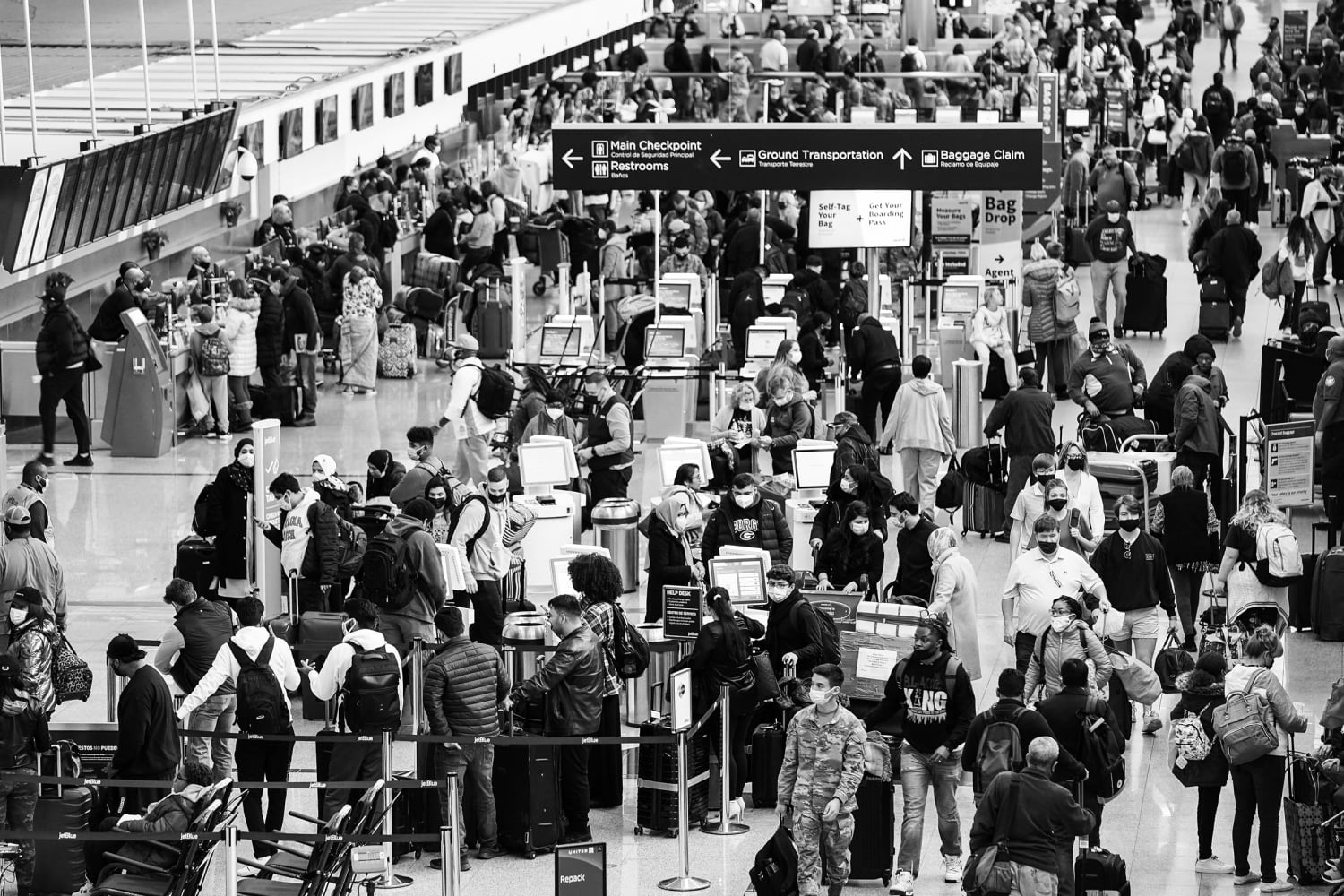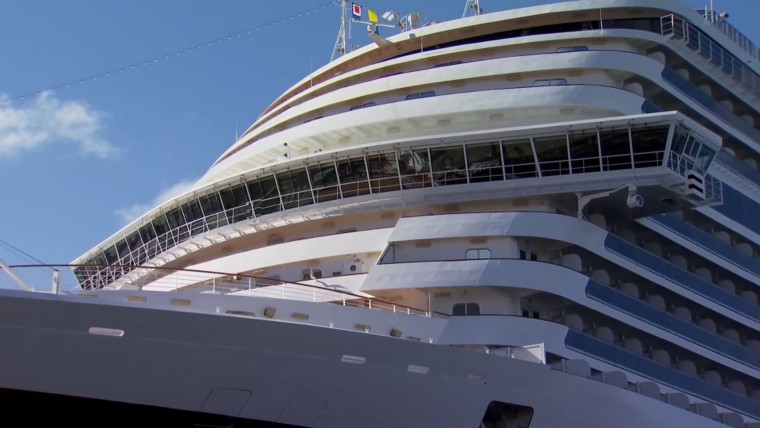This week, I canceled a trip. I did so not because I was worried I was going to catch SARS-CoV-2, the virus that causes Covid-19, while I was at my destination — I was going somewhere where I could avoid indoor restaurants and other high-risk locations — but because I was worried about catching the virus on the plane or in the airport, and then getting stuck out of town indefinitely with a largely preventable illness.
The risk of Covid infection is certainly lower during air travel than it could be.
What might have made a difference in my decision? Not being in the midst of the omicron surge, certainly. But even more so: Knowing that proof of vaccination was required for all passengers on my flight.
The risk of Covid infection is certainly lower during air travel than it could be. Thanks to the foresight of the Transportation Security Administration, masks have been required on airplanes and in airports since January 2021. This strategy is critical for mitigation — when worn correctly, masks significantly decrease transmission of the virus.
However, anyone who has traveled by air this year knows where masks too often end up: below noses, below chins and around necks. We also know that some passengers are so vehemently opposed to masks they are willing to risk federal penalties and charges. The Federal Aviation Administration received almost 4,000 reports of passengers refusing to comply with the mask mandate in 2021. Besides, we all need to be able to eat and drink during travel. Especially in the face of omicron, which is multiple times more transmissible than the delta variant, masks alone are insufficient.
Ventilation is another important part of stopping the spread of SARS-CoV-2, and airlines frequently tout the high filtration of air during flight. This is true — but what is also true is that while idling or taxiing on the ground, filtration is less optimal. Worse, airports themselves, so far as I could find, have no well-published standards on air filtration or ventilation.
Testing is another important part of mitigation, and I encourage it. Any testing is better than none. Yet, out-of-date tests don’t mean much. The regulations currently used for international travel to many locations — things like “a negative PCR test 72 hours prior to travel” or “a negative antigen test 24 hours prior to boarding” leave much to be desired. Just as a pregnancy test can turn positive from one day to the next, so can a Covid test. And of course, we have no domestic travel testing mandates.
So where does that leave us? Vaccines.
Vaccines clearly work at stopping infection and transmission. They have been safely administered to billions of people around the world. Every high-quality study, even on the delta and the omicron variants, makes clear that all of the approved vaccines in the United States decrease risk of symptomatic infection, severe disease and death (particularly for omicron, if boosted). And nothing speeds dissemination of a new variant, like putting people on airplanes and sending them to new parts of the country or the world.
Moreover, our country, and our administration, recognize the importance of vaccine mandates in getting us back to normal. Some of the airlines themselves mandate vaccines for workers, to decrease illness and improve workplace safety. (And at United Airlines, fewer than 0.5 percent of the workforce failed to meet vaccine requirements after its mandate was put into effect). President Joe Biden has worked with the Occupational Safety and Health Administration (OSHA) to develop vaccine or testing mandates for large businesses and health care facilities, although the fates of some of those mandates are pending before the Supreme Court. Dr. Anthony Fauci himself acknowledges that vaccine mandates work at improving vaccination rates. Federal vaccine mandates are ethical and legal, according to many legal scholars.
And the United States has already mandated proof of vaccination for all non-U.S. citizens prior to international travel. It defies logic to think that non-U.S. citizens are somehow at higher risk of contracting or transmitting SARS-CoV-2 than those who are citizens of the U.S.
Finally — selfishly — I suspect that vaccine mandates might weed out many of those passengers most likely to threaten flight attendants and other passengers over the simple request to please wear a mask.
Both the country and the airlines themselves clearly know why vaccines matter, the value of mandates and how to verify vaccination before travel. A universal vaccine mandate for international and domestic air travel would be an important step forward in making flying safer for all of us, in so many ways.
Especially in the face of omicron, we need all the protection we can get — to keep our economy moving and our country healthy.
Source: | This article originally belongs to Nbcnews.com











